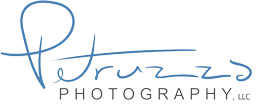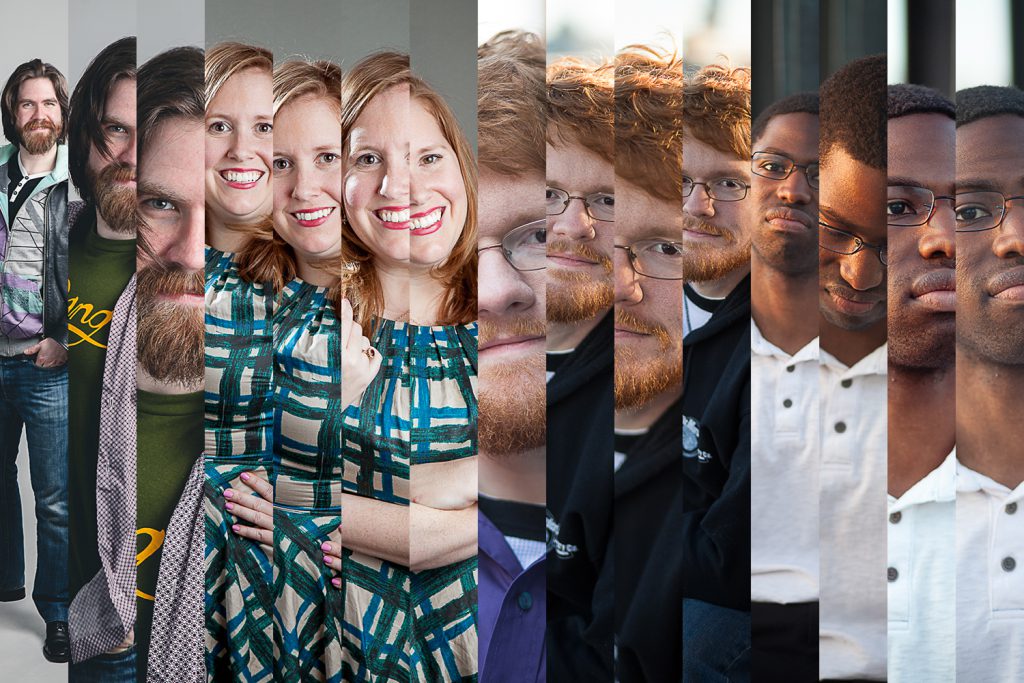1. Because it’s jarring when you look different than people expect
Have you ever looked at a photo of a hotel room online, only to discover it didn’t look so big in person? Well, something like that happens with headshots too. The thing is, if you’re someone who really needs a headshot for business, you’ve probably forgotten what it’s like to be someone who doesn’t. They don’t gloss over the headshot when they look at your card or your face, they notice it. And when they meet you and you look very different, they notice it.
Of course, having something to notice isn’t necessarily a bad thing. But I wouldn’t bet against first impressions.
2. Because most people are bad at remembering a face from a name
Lets say you’re doing some networking. You have a good conversation with Jane. Jane asks for your card, then Jane adds that card to a stack of a dozen other cards. It’s just a bunch of names and numbers on awkward little rectangles of paper. However good an impression you think you’re making on someone, people are never going to connect the memory of that impression to a bunch of letters and numbers as well as they will to your face. The letters and numbers say “I met some person who does this thing”, but your face recalls the wealth of communication that went unspoken.
But lets say you’re not networking. Lets say you just met Jane in a coffee shop, had a conversation and she asked for your card. Well, in this case, Jane wasn’t expecting to get your card and now she’s going to go on about her life not thinking about you until she stumbles on your card again a few weeks later. “Oh yeah, there was some person who does this thing…” is what she’ll say when she looks at your text and numbers. But if you showed her your face on that card, suddenly she’d recall your whole conversation.
Put your face on your business card.
3. Because most of our communication is non-verbal
According to studies led by Dr. Mehrabian we use non-verbal communication to derive meaning 93% of the time. That is a ludicrously high number. It makes it a wonder how we can get anything done over the phone. Probably because the implications of that number are not as simple to understand as we might think. Regardless, it’s safe to say that it’s more than just the things we say that matter when we want someone to remember us. It’s also the way we say it, our tone, our facial expression, our posture, among many other things.
This matters here because a headshot helps people who met you just once or twice remember not just what you said, but how you said it.
4. Because hiring professional makes you look like a professional
I think most people would like to be seen as some kind of professional. To oversimplify, “professionals” take things seriously and are taken seriously. Why do people handing out pretentiously thick business cards feel proud, while people handing out business cards printed at home are always kind of ducking their eyes in embarrassment? Because “how serious could they be if they won’t drop $50 on some business cards?” and “Look how serious I am, I paid for the upgrade!”
However flawed the logic might be, it’s what we have to contend with.
The same concept extends to headshots. A grainy photo of yourself, awkwardly cropped from some group photo, especially among the ubiquity of digital cameras, is saying in a lot of people’s minds, “I don’t don’t take this seriously enough to get someone who knows how to do it”.
5. Because photographer’s have an incentive to promote you
This might not have occurred to you, but if you’re interested in connecting with people and promoting yourself or your work, photographers have an incentive to do some of that for you. Active professional photographers today are always blogging, looking to share stories and make new connections themselves. Most will be eager to turn the images they create for you toward marketing for both of you.
Professional photographers also notorious for living and dying by word-of-mouth, so they are eager to learn how you might be able to help their other clients. Of course it depends on the photographer, but don’t be afraid to ask whether they promote their clients.

